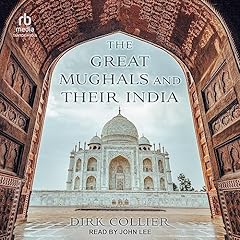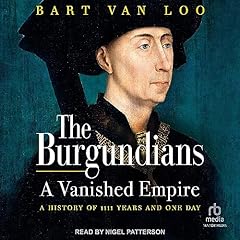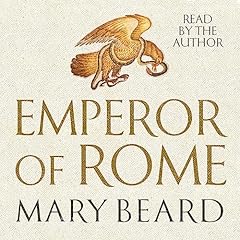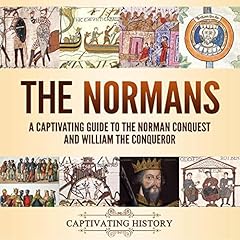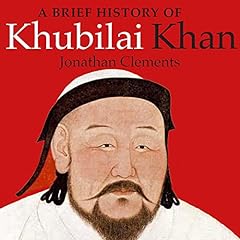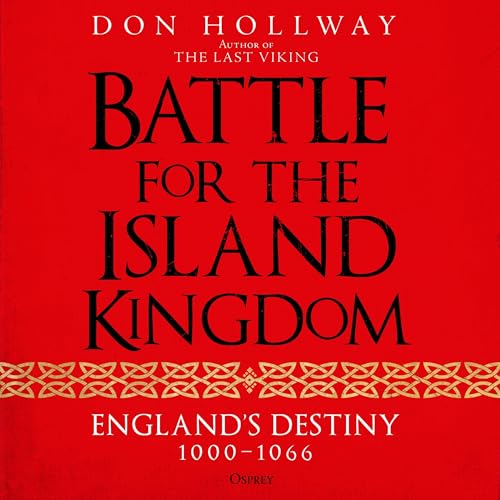
Battle for the Island Kingdom
England's Destiny 1000–1066
Failed to add items
Add to basket failed.
Add to wishlist failed.
Remove from wishlist failed.
Adding to library failed
Follow podcast failed
Unfollow podcast failed
Buy Now for £16.99
No valid payment method on file.
We are sorry. We are not allowed to sell this product with the selected payment method
-
Narrated by:
-
John Sackville
-
By:
-
Don Hollway
About this listen
Bloomsbury presents Battle for the Island Kingdom by Don Hollway, read by John Sackville.
A rich history of the years leading up to 1066 when Vikings, Anglo-Saxons and Normans vied for the English crown. A tale of loyalty, treason and military might.
In a saga reminiscent of Game of Thrones and The Last Kingdom, Battle for the Island Kingdom reveals the life-and-death struggle for power which changed the course of history. The six decades leading up to 1066 were defined by bloody wars and intrigues, in which three peoples vied for supremacy over the island kingdom. In this epic retelling, Don Hollway (The Last Viking) recounts the clashes of Vikings, Anglo-Saxons and Normans, their warlords and their conniving queens.
It begins with the Viking Cnut the Great, forging three nations into his North Sea Empire while his Saxon wife Aelfgifu rules in his stead and schemes for England’s throne. Her archenemy is Emma of Normandy, widow of Saxon king Aethelred, claiming Cnut’s realm in exchange for her hand in marriage. Their sons become rivals, pawns in their mothers’ wars until they can secure their own destinies. And always in the shadows is Godwin of Wessex, playing all sides to become the power behind the throne until his son Harold emerges as king of all of England.
But Harold’s brother Tostig turns traitor, abandons the Anglo-Saxons and joins the army of the last great Viking, Harald Hardrada, where together they meet their fate at the battle of Stamford Bridge. And all this time watching from across the water is William, the Bastard, fighting to secure his own Norman dukedom, but with an eye on the English crown.




